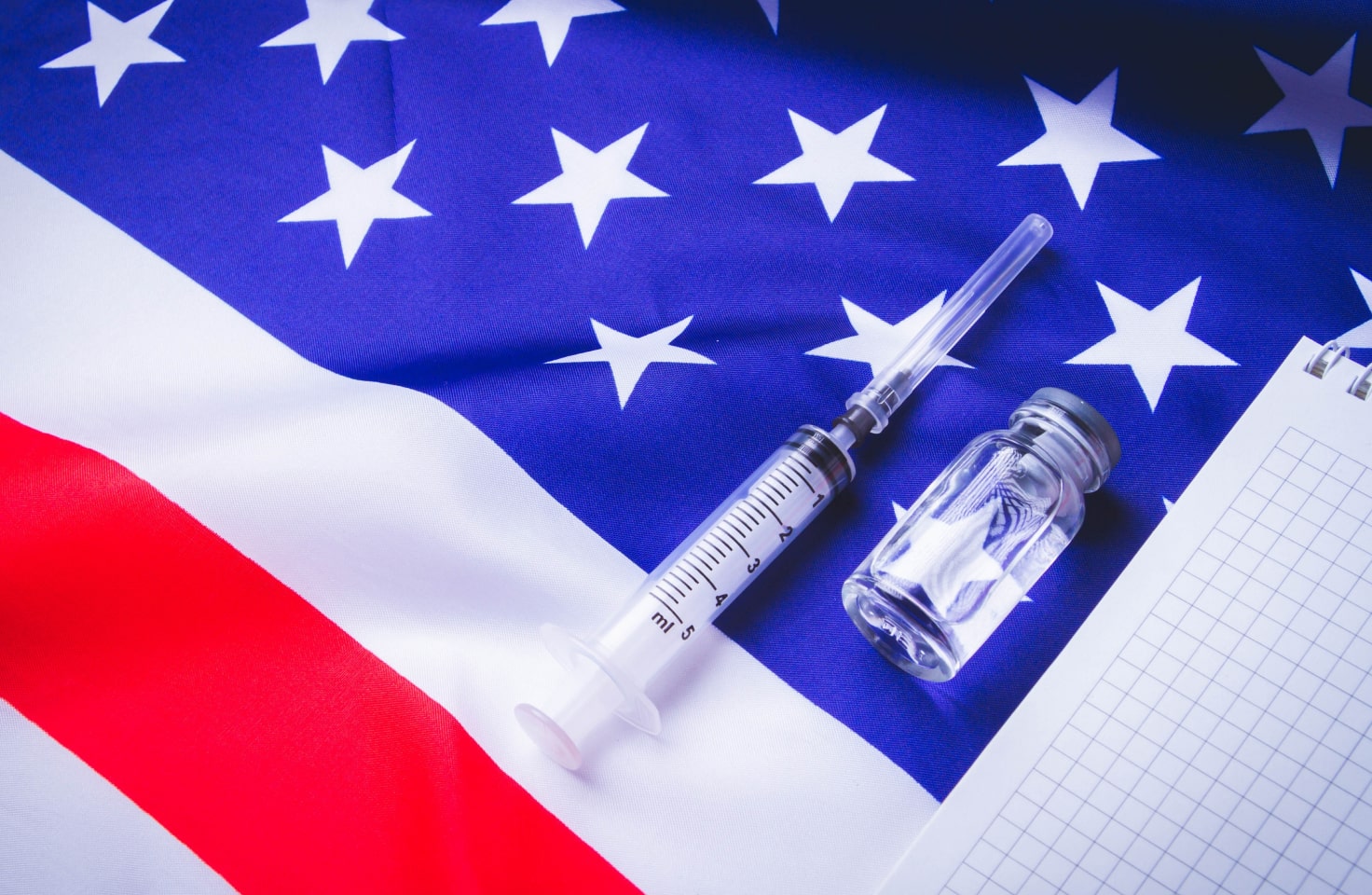T1D Guide
T1D Strong News
Personal Stories
Resources
T1D Misdiagnosis
T1D Early Detection
Research/Clinical Trials
The Diabetes Brain Connection
Unfortunately, Alzheimer’s disease is increasing in prevalence, with an estimated 6.7 million Americans now suffering from the disorder, and that number is expected to triple to 14 million by 2060. As risk factors increase with age, individuals with diabetes are at a greater peril for mild cognitive impairment.

We all know that exercising three times a week, getting enough sleep, and eating walnuts and other antioxidant-rich foods support brain health. However, when you have diabetes, the most important thing to do for your mind is to keep your blood sugars in check—which is, of course, easier said than done.
Controlling blood sugar levels and blood pressure is essential to brain vitality if you’re hoping to reduce the risk of dementia later in life and improve brain power now.
Diabetes and Brain Health
An American Diabetes Association (ADA) study presented at the 79th Scientific Sessions uncovered that children with early-onset type 1 diabetes who suffer from poor glycemic control may be at a greater risk for slower brain growth, which could contribute to cognitive impairment.
Another ADA finding among adult T1D’s MRI brain scans cited brain changes underlying cognitive dysfunction and an increased risk of dementia. The MRI brain scans also showed that regional reductions in brain volume may be due to changes during brain development and poor diabetes management.
The bottom line is that people with diabetes mellitus are at a greater risk of developing impaired cognitive function than individuals with healthy metabolic systems.
Of a lesser severity, erratic sugars can cause problems with learning, weight gain, hormones and mood shifts.
The first step to improving your best time in range is to determine a personal blood sugar target range with your endocrinologist.

Why Time-in-Range is So Important
When blood sugar levels rise too high or fall too low, they impact the brain’s ability to function correctly. This influx and fall can damage the brain’s nerves and blood vessels, leading to memory loss and more severe problems like stroke or seizures.
In addition to keeping good glycemic control, take the steps now to improve your brain health by following a few simple measures.
Easy Ways to Improve Mental Stamina
Here’s what you can do now to protect your cerebellum and keep your brainiac intact.
Watch What You Eat
Eat a diet rich in vegetables, fruits, fiber and protein. The National Institutes of Health (NIH) cites that individuals who adhered to the Mediterranean-DASH Diet Intervention for Neurodegenerative Delay (MIND) diet had a 53% reduced rate of Alzheimer’s compared to those who did not.
Certain foods, such as nuts, berries, leafy greens and whole grains, are shown to prevent or slow down the rate of dementia. Also, avoiding highly processed, high-fat foods like pastries, sweets, red meat, and fried foods reduces your risk.
Physical Activity
The Centers for Disease Control (CDC) recommends that adults get at least 150 minutes of moderate-intensity physical activity each week. Exercise has been proven to improve brain aging, increase blood flow, improve cognitive processes and reduce stress.
Sleep Schedule
Getting enough sleep helps rewire the brain, remove toxins, and improve blood sugar time in range. What's more, a good night’s rest increases learning, memory, concentration, and brain cell communication. Experts suggest aiming for seven to nine hours of sleep a night.

Maintaining a Healthy Weight
Having too much body fat can threaten brain health by increasing the odds of high blood pressure, unhealthy blood fats, and risks of stroke.
Keeping Blood Pressure in a Healthy Range
High blood pressure can damage the brain’s blood vessels, negatively impacting brain health and contributing to cognitive decline.
Avoid Excessive Alcohol Intake
Too much drinking can cause alcohol-related brain impairment (ARBI), which is more likely to occur in people who drink heavily over a long time. This can affect memory, learning, cognitive skills and coordination.
The U.S. Dietary Guidelines recommend no more than two drinks per day and no more than 14 drinks per week for men and one drink per day and no more than seven drinks per week for women.
Protect Your Brain from Stress
Stress management may reduce cognitive problems linked to Alzheimer’s and dementia. Exercise, sleep and meditation help lower stress levels.

More Reasons to Keep Your Brain Healthy
Diabetes can affect brain health and nerve cells in several ways, as high blood sugar levels can damage blood vessels in the brain, leading to poor circulation and other cognitive disorders.
Brain Insulin Resistance
According to an NIH study on type 2 diabetes and Alzheimer’s disease, brain insulin resistance can be defined as the failure of brain cells to respond to insulin.
Some potential causes of brain insulin resistance include inflammation, genetic polymorphisms, stress, sedentary lifestyle and a high-fat diet.
Vascular Dementia
The second most common type of dementia after Alzheimer’s disease is vascular dementia (VD), which occurs when the blood flow to the brain is disrupted. Diabetes is a risk factor for strokes that may cause VD, which is why managing blood glucose levels is so crucial.
Also, people with high blood pressure between the ages of 40 and 64 are at risk of developing VD later in life. So, if you have diabetes, keeping high blood pressure in check is doubly essential.
Cognitive Decline
Cognitive decline is a factor most individuals need to be aware of, especially if they have type 1 diabetes. Uncontrolled glucose levels may be attributed to accelerated cognitive decline, markedly in memory and information processing.
Brain Fog
Experiencing a cloudy mental state of consciousness or being less aware of time and your surroundings is sometimes called brain fog. Insulin resistance can cause brain fog because brain cells aren’t getting the glucose they need for energy.
Erratic blood sugars can contribute to symptoms like fatigue, confusion, sleepiness, or difficulty concentrating.
Depression
In addition to brain fog, research shows that dips and rises in blood sugar may be linked to problems with diabetes and depression. If you feel diabetes burnout is affecting your daily tasks, it’s crucial to speak to someone – a therapist, a friend or even seek support from the online diabetes community.

Tau Protein
Tau protein is an irregular buildup in the brain, forming certain tangles that may contribute to Alzheimer’s disease and other brain disorders. While healthy tau performs many functions, the toxic buildup must be avoided.
You can reduce the tau proteins by following healthy guidelines in the MIND diet, consistent exercise, and reducing risk factors like stress, inactivity, high blood pressure, and high blood glucose levels.
Interesting Fact: Your brain has a blood brain barrier that protects the brain from harmful substances. However, some pathologies like Alzheimer’s disease can break down the barrier.
Other Ways to Combat Brain Aging
The American Diabetes Association (ADA) recommends helpful tactics for T1D individuals to strengthen mental health.
- Stay in touch with emotions: be aware of your feelings and communicate with friends and loved ones.
- Daily meditation: creating morning rituals to help clear your mind.
- Gratitude: take time to consider the positive elements in your life that can enhance your well-being.
- Get professional help: a mental health psychologist or therapist can help evaluate your mental load.
- Self–care: warm baths, massages, and time to unwind at the end of the day and week are more valuable than you may think.
Improving Brain Function
Avoiding cognitive problems should be a factor for everyone, especially those with diabetes. Keeping glucose levels aligned in target range is not easy but essential.
Perfection is not the goal with diabetes; the best you can do—is sometimes all you can do. Go easy on yourself and know there is good news on the horizon. Scientists are working on ways to alleviate the burden for people with diabetes.

In addition to a healthy lifestyle, new studies with Ozempic show the semaglutide may help protect against cognitive decline. Also, Harvard Medical School is researching intranasal insulin as a potential treatment to prevent the effects of brain aging with diabetes.


.webp)





.webp)
.jpg)
.jpeg)
.jpg)
.jpg)
.jpg)
.jpg)



.jpg)

.jpg)

.jpg)



.jpg)
.jpg)
.jpg)

.jpg)

.jpg)














.jpg)


.jpg)







.webp)












.webp)




















.webp)








.jpg)




.jpg)
















.webp)